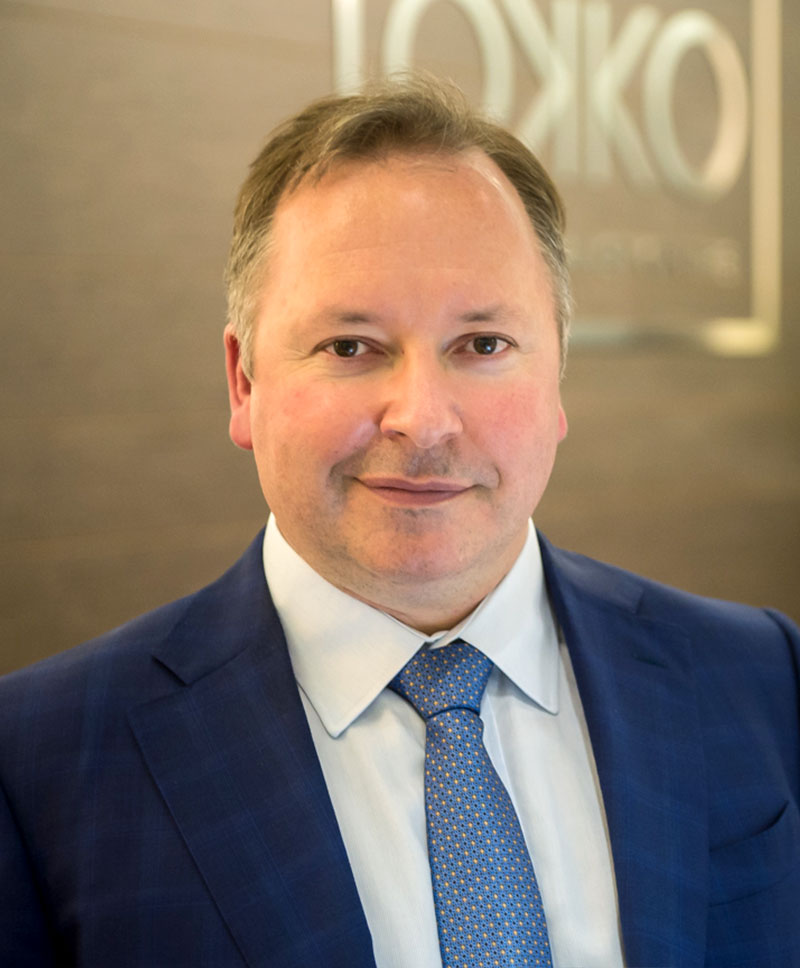
How long do halos last after lens replacement?
Lens replacement surgery is also known as refractive lens exchange (RLE). It has emerged as a beacon of hope for those seeking to fix vision problems and say goodbye to glasses or contacts. However, like any surgery, it has its share of post-op experiences. These include seeing halos around lights.
A common concern among patients is understanding “how long do halos last after lens replacement?” This blog aims to address this question, providing insight and reassurance to those considering or recovering from lens replacement surgery.
Lens replacement surgery will alleviate your short-sightedness, long-sightedness, presbyopia (ageing eyes) and even astigmatism.
You’ll be able to restore those spontaneous moments without (or with a reduced need for) your glasses or contact lenses. However, one of the side effects you may experience is seeing glares or haloes. This is a very normal and temporary response.
Why Do Halos Occur?
The primary reason for experiencing halos after lens replacement surgery is the adjustment period the eye goes through after having a new intraocular lens (IOL) implanted. This artificial lens changes the way light enters and is focused by the eye. As the eye heals and adjusts to the new lens, patients may notice halos as a temporary side effect.
What are glares & halos?
Halos around lights are a visual phenomenon experienced by some patients following lens replacement surgery. These are typically seen around sources of light, such as streetlights or car headlights, especially noticeable during the night. Halos are generally a temporary side effect as the eye adapts to the new intraocular lens (IOL) and heals from the surgery.
The experience of seeing halos after lens replacement surgery varies from patient to patient. For most individuals, halos are a temporary occurrence as the eye adjusts to the presence of the new lens. The duration can range from a few days to several months post-surgery.
Patients report a gradual decrease in the prominence of halos as their recovery progresses, with complete resolution within three to six months.
It’s crucial to understand that the healing process is unique to each individual, influenced by factors such as the type of IOL implanted, the patient’s age, and their overall eye health.
Luckily due to recent technological advancements, the chance of seeing haloes after surgery is considerably low.
Factors Influencing the Duration of Halos
Several factors can affect how long halos may last after lens replacement surgery:
- Type of IOL: Different types of intraocular lenses have varying features. For example, multifocal IOLs, designed to provide clear vision at all distances, may initially result in more pronounced halos compared to monofocal lenses, which correct vision at a single focus point.
- Surgical Technique: The precision of the surgical procedure and the expertise of the surgeon play a crucial role in the outcome of lens replacement surgery and the side effects experienced.
- Patient’s Eye Health: Pre-existing conditions and the overall health of the patient’s eyes can impact the healing process and the duration of post-operative symptoms, including halos.
Managing Halos After Lens Replacement
While the appearance of halos post-surgery can be disconcerting, there are strategies to manage this side effect during the recovery period:
- Patience and Time: Giving your eyes time to heal and adjust to the new lenses is crucial. For most patients, halos diminish as the eye recovers.
- Follow-Up Care: Attending all post-operative appointments allows your surgeon to monitor your healing progress and address any concerns, including the persistence of halos.
- Night Driving Caution: If halos significantly impact your night vision, taking extra caution while driving after dark or avoiding it until the halos subside is advisable.
- Eye Drops: Using prescribed eye drops can help in keeping the eyes lubricated and reducing discomfort, potentially mitigating the severity of halos.
Selecting a skilled and experienced surgeon is paramount to the success of your lens replacement surgery and the management of any post-operative symptoms, including halos. An expert surgeon can provide guidance on the best type of IOL for your vision needs and lifestyle, minimizing potential side effects and ensuring a smoother recovery.
Lens replacement surgery offers a transformative solution for those looking to correct vision impairments. While the appearance of halos around lights is a common temporary side effect, understanding the factors that influence their duration can help set realistic expectations for your recovery journey. With the proper care, patience, and expert guidance, you can successfully navigate this period and enjoy clearer vision’s long-term benefits.
Experiencing halos after lens replacement surgery can be concerning, but it’s a standard part of the recovery process for many. If you’re considering lens replacement surgery or seeking solutions for persistent halos after cataract surgery, we’re here to help. Book online for a free laser vision assessment with our clinic today. Our expert team will evaluate your vision, discuss your concerns, and provide you with personalised advice on managing post-surgery symptoms or exploring vision correction options.
In conclusion, while halos after lens replacement surgery are a common concern, they are usually a temporary side effect as the eye adjusts to the new intraocular lens. With proper care and time, most patients see a significant reduction in halos, enjoying the full benefits of their lens replacement surgery. Remember, your eye health is paramount, and seeking professional advice is key to navigating the recovery process successfully.
ARE YOU SUITABLE?
Check your laser eye surgery suitability online with our free LASIK self-test
OUR MOST POPULAR PROCEDURES

Hi, I’m Dr. Matthew Russell, a laser and cataract surgeon
HI I’M DR. MATTHEW RUSSELL A LASER EYE AND CATARACT SURGEON
With over 15 years of experience, I enjoy the privilege of helping patients of all ages reclaim clear vision or preserve it for as long as possible.
Vision correction and high-precision cataract surgery hinge on the expertise and skill set of the provider who also has access to the most precise tools for the job. Ophthalmic surgeons like me know how to make treatment safe, comfortable and positive for the patient. They know how to minimise the risk of complications and maximise successful outcomes.
I have a passion for helping my patients enjoy the clear, high-definition vision they need to live rich and active lives. Now, I have hand-picked a team of professionals that share my passion and commitment to exceptional care.
Dr. Matthew Russell
MBChB, FRANZCO





